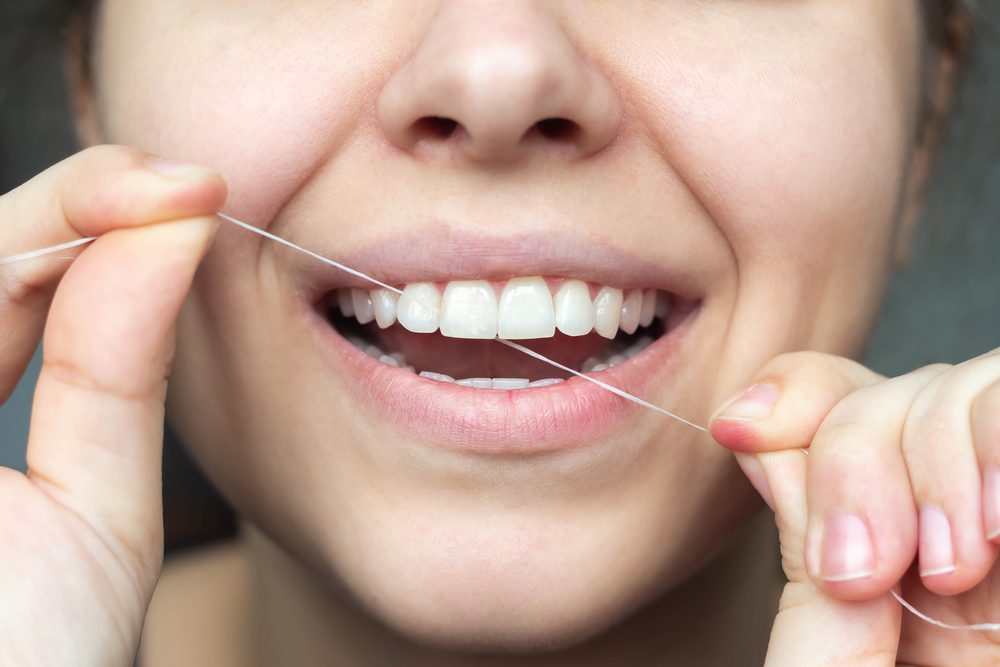Introduction:
Pregnancy is an exciting and transformative time in a woman’s life, but it also brings about changes in her body, including her oral health. Hormonal fluctuations and dietary habits during pregnancy can impact dental health, making it essential for expectant mothers to prioritize oral hygiene. In this guide, we’ll explore the importance of dental health during pregnancy and provide practical tips for maintaining oral hygiene to ensure a healthy smile for both mom and baby.
1. Understanding the Importance of Dental Health During Pregnancy:
Dental health plays a crucial role in overall health, and this is especially true during pregnancy. Poor oral hygiene during pregnancy has been linked to an increased risk of various dental issues, including gum disease, cavities, and pregnancy gingivitis. Moreover, certain oral health conditions, if left untreated, can potentially affect the health of the developing baby. Therefore, maintaining good oral hygiene practices is vital for the well-being of both mother and child.

2. Practice Good Oral Hygiene Habits:
During pregnancy, hormonal changes can increase the risk of gum inflammation and sensitivity. To combat this, it’s essential to maintain a consistent oral hygiene routine. Make sure to brush your teeth at least two times daily using a soft-bristled toothbrush and fluoride toothpaste. Pay special attention to the gumline and areas around dental restorations where plaque tends to accumulate. Additionally, don’t forget to floss daily to remove food particles and plaque from between the teeth and along the gumline.
3. Attend Regular Dental Checkups*
Regular dental checkups are crucial for monitoring oral health and addressing any issues that may arise during pregnancy. Make sure to let your dentist know about your pregnancy and any alterations you’ve observed in your oral health. Your dentist may recommend more frequent cleanings or treatments to prevent or manage gum disease and other dental problems. Remember that routine dental care is safe during pregnancy and essential for maintaining a healthy smile.
4. Address Dental Issues Promptly:
If you experience any dental problems during pregnancy, such as toothaches, gum swelling, or bleeding gums, don’t ignore them. Dental issues can worsen if left untreated, potentially leading to complications that could affect both you and your baby. Contact your dentist as soon as possible to schedule an appointment and address any concerns. Your dentist can recommend safe and effective treatment options to alleviate discomfort and preserve your oral health.
5. Maintain a Nutritious Diet:
Maintaining a well-rounded diet is crucial for overall well-being, which extends to dental health as well. During pregnancy, focus on consuming nutrient-rich foods that support oral health, such as fruits, vegetables, lean proteins, and dairy products. Limit your intake of sugary snacks and beverages, as excessive sugar consumption can increase the risk of cavities and gum disease. Drink plenty of water throughout the day to stay hydrated and rinse away food particles that can contribute to plaque buildup.
6. Manage Morning Sickness:
Morning sickness is a common symptom experienced by many pregnant women, and it can have implications for oral health. The acidic content of vomit can weaken tooth enamel and increase the risk of dental erosion and cavities. If you experience morning sickness, rinse your mouth with water or a fluoride mouthwash after vomiting to neutralize acid and protect your teeth. Avoid brushing your teeth immediately after vomiting, as this can further damage enamel softened by stomach acid.
7. Consider the Impact of Pregnancy on Existing Dental Conditions:
If you have pre-existing dental conditions, such as gum disease or tooth decay, pregnancy can exacerbate these issues. Hormonal changes and immune system fluctuations during pregnancy can affect the severity and progression of existing dental problems. Therefore, it’s essential to communicate openly with your dentist about your medical history and any ongoing dental concerns. Your dentist can tailor a treatment plan that addresses your unique needs while prioritizing the safety of you and your baby.

Conclusion:
Maintaining good dental health during pregnancy is essential for the well-being of both mother and baby. By practicing good oral hygiene habits, attending regular dental checkups, addressing dental issues promptly, and following a nutritious diet, expectant mothers can safeguard their oral health and promote a healthy smile throughout pregnancy and beyond. Remember that proper dental care is safe and essential during pregnancy, so don’t hesitate to prioritize your oral health for the benefit of you and your growing baby.


